
“Housing policy is climate policy. This means reforming out-of-touch policies so that green, smart housing can be built. Building dense housing in Cambridge means less sprawling, carbon-intensive suburban development, fewer vehicle miles traveled, and more use of transit and active transportation (and, by reducing commute times, increases quality of life).” – Burhan Azeem
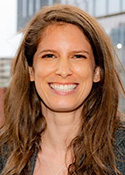
“Climate change is an existential crisis that intersects many issues at the local level, including housing, public health, technology, and energy use. Cambridge, as a hub of innovation, has the opportunity and resources to enact smart, sustainable policies that model what it means to do our part…I believe that, in addition to private innovation, there is ample opportunity for further partnerships that bring together private, governmental, and research organizations to explore joint initiatives in urban agriculture, energy use, and more.” – Dana Bullister
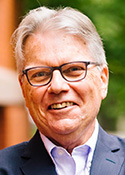
“True Sustainability and resiliency is much broader than just being focused on individual buildings and should include Community, Cultural and Economic Sustainability and Resiliency. Each must be considered to create a healthy city. Kendall Square is a dynamic part of Cambridge but its links to all four levels vary in intensity and the square’s impact on the surrounding neighborhoods can always be improved.” – Dennis Carlone, incumbent

“Bigger picture, we need a local government that will hold those entities responsible for the solution. Emissions fees is the bare minimum; it’s wonderful that KSA members are committed to solving the challenge, so as councilor/mayor I would challenge them to put $ where their public statements are. The best way for commercial interests to support green/resiliency/etc. is through funding public transportation. One of my core policies is for Cambridge to lead the way in public infrastructure nationwide; KSA could join in and support this. (Monetarily)” – Robert Eckstut
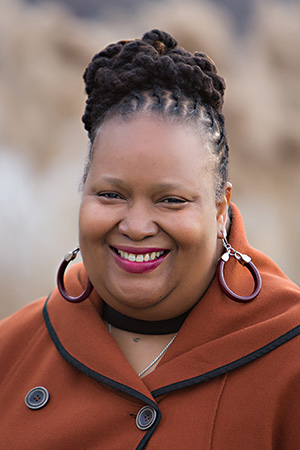
“One of the key pillars of my campaign is Environmental Justice. Obtaining environmental justice for residents in Cambridge requires connecting advances in climate technology with those who need it the most. The companies in Kendall Square have done an amazing job incorporating sustainable technologies on their own campuses and buildings. I would like to see the benefits from these advances shared with other areas of Cambridge, particularly those residents who can least afford to buy into these technologies on their own.” – Tonia Hicks
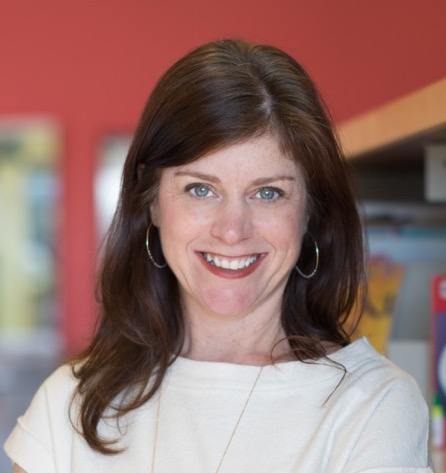
“My vision for a more sustainable Cambridge is to change the conversation around sustainability from an “or” framing to an “and” framing. Too often, the needs of the environment are pitted against other top priorities, like affordable housing or workforce development, but they are all, and should be, intertwined. Kendall Square is not only the leader in biotech and other types of innovation, but can also be a leader in sustainability. Utilizing green building techniques like LEED Platinum, geothermal wells, and rooftop solar, Kendall Square can be a hub for technology as well as a hub for sustainability.” – Alanna Mallon, incumbent (Vice-Mayor)

“Although Cambridge and Kendall Square have made some important steps, we know that the battle against climate change is ongoing. We need to continue to build housing and services so that people can live and play closer to where they work. We need to work with the state to improve our public transportation system. We need to continue to build out our network of dedicated bike infrastructure. We need to continue to require sustainable buildings, passive house construction and address our fossil fuel needs and declining tree canopy.” – Marc McGovern, incumbent

“Cambridge must continue the efforts to get to net zero emissions, but we must speed up the timeline. Requiring our local food industry to compost is a goal of mine as one of the many ways we will have to adjust as we face the impacts of climate change on our society. Installing green roofs, creating green spaces in our densest neighborhoods, and making the Blue Bike system available to Cambridge residents free of charge are other ways we can countenance climate change.” – Joe McGuirk
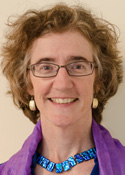
“My vision is that Kendall Square helps Cambridge become a model climate city. We need your help! For too long, Cambridge has had fantastic visions and plans—and yet the city as a whole has failed to meet our climate goals. Despite successes like Biodmed and other KS successes, our city’s GHG emissions are unchanged over 15 years. We are far behind our goals—we had pledged to reduce them by 20% by now. WE changed the goalpost—instead of taking a deep dive into WHY we failed. I count on KS entities—companies, MIT and organizations—to help us change that…We need KS to push and demand a transition to clean energy with justice included at every step.” – Patricia Nolan, incumbent
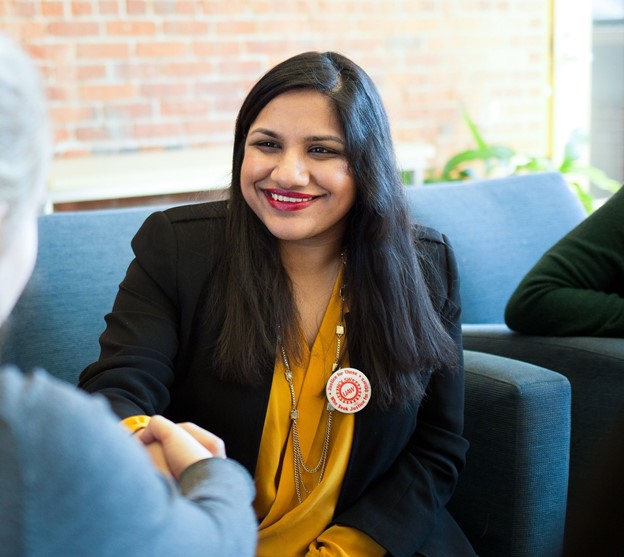
“I have committed to the Net Zero Action Plan, which aims to make Cambridge carbon neutral by 2050, and have encouraged investment in energy initiatives and green technologies to make this possible…Complimenting technological solutions, I have also supported the City’s Tree Protection Ordinance, which promotes a healthy tree canopy as an effective tool to combat climate change and mitigate the urban heat island effect. Trees are a crucial aspect in ameliorating the heat risks we face.” – Sumbul Siddiqui, incumbent (Mayor)

“The City has made great strides in setting standards for addressing our climate crisis, and I commend the work. But there have been blind spots—there has not been adequate attention paid to those who are among our most vulnerable, least-affluent members of the community? How do we work to ensure that they are part of the solution, how do we make it easier for them to participate (for example, through strengthening our network of public transportation options, or creating more affordable housing so that people can live within walking or biking distance to their jobs)? How do we address the needs of our local small businesses, many of whom are struggling to survive during this pandemic era?” – E. Denise Simmons, incumbent

“I believe actions on climate must both lower our carbon footprint to reduce future harm and make Cambridge more resilient to the impacts from the damage that’s already been done. This includes moving the city to net-zero carbon emissions by adopting building electrification requirements, increasing green building design requirements, pushing for adopting the Net Zero Energy Stretch Code, and reviving the Cambridge tree canopy by investing in its protection and expansion…It is also critical to recognize the intersection of housing, racial justice, and transportation with the environmental crisis. Climate change disproportionately impacts minority and lower-income communities, and Cambridge is no exception.” – Theodora Skeadas

“Cambridge should improve the city’s sustainability and resiliency with policies that also improve racial and economic equity in the city. We need Green New Deal policies that recognize that communities most impacted by climate change are the ones who are also struggling in our economy and dealing with the impacts of structural racism.” – Jivan Sobrinho-Wheeler, incumbent
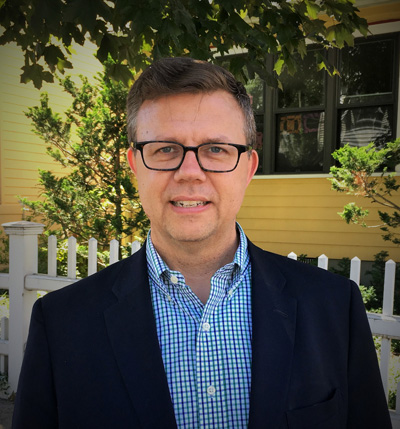
“My views are in alignment with the Cambridge Development Department’s report Resilient Cambridge Plan, released in July of 2021. I especially like that strategies focus both on physical and social resilience through the categories of Closer Neighborhoods, Better Buildings, Stronger Infrastructure, and Greener City. It was developed with significant input from the community and experts in the area. As a Councillor I would work with City Staff, Councillors, Businesses and residents to move forward with implementation.” – Paul Toner
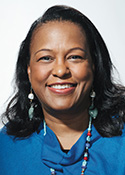
“The City of Cambridge has made some progress in advancing our climate action goals, but it is clear that we must do more to ensure that we are carbon net-zero as soon as possible. We need to build with net zero emissions and have our buildings ready to exist as such; we need to invest in our transportation to disincentivize the unnecessary use of cars. We also need more protected bike lanes but with all of the stakeholders, pedestrians, business and cyclists involved. We must incorporate green jobs vocational training in our schools to prepare students for a greener and cleaner economic future.” – Nicola Williams
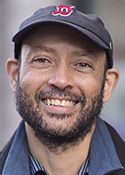
“This year I introduced the Green New Deal Zoning Petition. This zoning petition proposes that we collect a fee based on the emissions a new commercial building will produce over its lifetime, using the money to do energy efficiency projects and fund green jobs training programs with direct benefit to low income and minority communities. We have an opportunity to socialize our zoning code by redistributing wealth in order to green our city and create economic opportunity for those closest to the pain. And in doing so, we will truly begin to break from our zoning code’s historical and perpetual use as a tool of oppression.” – Quinton Zondervan, incumbent